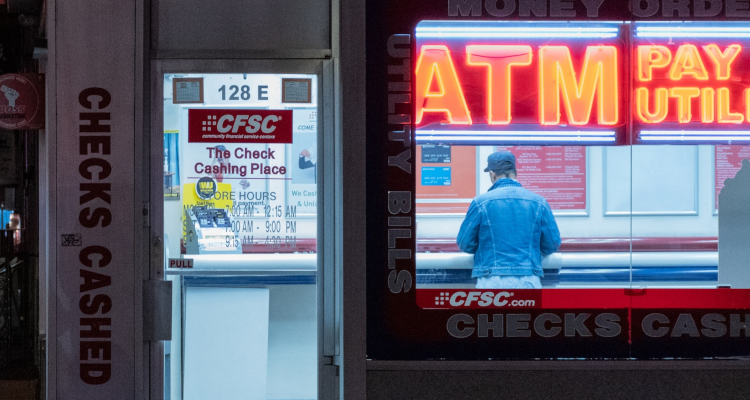Extra credit and default
A standard feature of credit markets is that consumers borrow from and have nonexclusive contracts with different lenders. This generally happens over time, as a “sequential banking” behavior: a first credit card is followed by a second one, an auto loan, a personal loan, and so on. This seemingly innocuous—and pervasive—feature of credit markets can have significant implications for consumer indebtedness and default risk in the overall portfolio and not just on a specific lending line. Published in the American Economic Journal: Economic Policy, an article by GSEM Professor Giacomo De Giorgi, Andres Drenik (University of Texas at Austin), and Enrique Seira (Michigan State University) shows that credit-default elasticities can be highly heterogeneous, even for applicants to the same bank, at the same branch, being served by the same product in the same year, hence underlining how credit expansions might increase or decrease systemic default depending on the target of those expansions.

Giacomo De Giorgi received financial support from the Spanish Ministry of Economy and Competitiveness, the Severo Ochoa Program for Centers of Excellence in R&D, the Marie Curie CIG grant, and the Swiss National Science Foundation (SNSF). The paper is the winner of the 2020 Banamex Prize.
ABSTRACT
Nonexclusive sequential borrowing can increase default and impose externalities on prior lenders. We document that sequential banking is pervasive with substantial effects. Using credit card applications from a large bank and data on the applicants' entire loan portfolios, we find that an additional credit line causes a 5.9 percentage point decline in default for high-score borrowers on previous loans. However, for low-score borrowers, it causes a 19 percentage point increase. The former use the new credit to smooth payments on preexisting loans, while the latter increase their total debt. These results have implications for "no-universal-default" regulation and financial inclusion.
Access the study: The Extension of Credit with Nonexclusive Contracts and Sequential Banking Externalities
> Click here to view the GSEM faculty’s publications in top-tier journals.
August 15, 2023
2023




